Septic Pumping Myths Busted: What Homeowners Get Wrong
Septic systems play a critical role in managing household wastewater, yet many homeowners misunderstand how they work and how to care for them. Among the most widespread misconceptions are those centered around septic pumping. These myths can lead to poor maintenance habits, system stress, and costly repairs. With accurate insight, households can make confident decisions and avoid misinformation that often circulates among neighbors, online forums, or outdated advice.
Myth: Septic Systems Never Need Pumping
One of the most harmful myths is that a septic system can operate indefinitely without service. In reality, solids accumulate inside every tank, and septic pumping is essential to remove them before they overflow into the drain field. Even when a system appears to be functioning normally, sludge continues to build. Without routine septic pumping, solids clog pipes and soil, causing backups and potentially damaging the entire system. A well-maintained system lasts much longer, operates more efficiently, and prevents avoidable emergencies, making septic pumping a simple but critical part of home maintenance. Regular service also prevents odors, standing water in yards, and potential contamination issues that could affect both health and property value.
Myth: Only Large Families Need Septic Pumping
It is easy to assume that only homes with many occupants require frequent septic pumping. However, waste accumulation does not stop just because fewer people live in a home. Water usage patterns, cleaning routines, garbage disposal habits, and even the household schedule all contribute to solid buildup. A small household may experience slower accumulation, but septic pumping still must take place on a recommended schedule. Consistent septic pumping keeps the system balanced, protects the drain field, and ensures long-term performance regardless of family size. It also prevents unexpected plumbing issues that can arise in households with seasonal usage or periods of heavier demand, such as during holidays or extended visits from guests.
Myth: Additives Can Replace Septic Pumping
Some products promise to eliminate the need for septic pumping by boosting bacteria or breaking down waste. While certain additives can help maintain microbial activity, none can remove physical solids from the tank. Sludge and scum do not disappear simply because a product claims to dissolve them. Relying on additives in place of septic pumping leads to accumulation, blockages, and eventual system failure. Additives may be used responsibly as a supplement, but septic pumping remains the only reliable method for fully clearing waste from the system. Homeowners should view product claims carefully and remember that no manufactured solution replaces proper service from trained professionals who understand system behavior and long-term function.
Myth: A Septic System Can Handle Anything You Flush
Another common misconception is that septic systems can manage the same materials as municipal sewer systems. Flushing wipes, cotton items, grease, harsh chemicals, or non-biodegradable materials places unnecessary strain on the system and increases the frequency of septic pumping. These items may not break down, leading to obstructions and pump strain. Careful disposal habits help preserve system longevity. When paired with scheduled septic pumping, mindful waste practices keep tanks clear, prevent pipe damage, and support smooth operation throughout the home. Even household cleaning products should be used thoughtfully, as excessive chemical use can interfere with natural bacterial processes that support the system’s efficiency.
Myth: If There Are No Problems, Septic Pumping Isn't Necessary
Many homeowners adopt an “if it isn’t broken, don’t fix it” mindset with septic maintenance. Unfortunately, septic issues often remain hidden until they become serious. By the time odors, slow drains, or wet areas appear, damage may already be significant. Proactive septic pumping prevents these issues by controlling waste levels and allowing technicians to evaluate tank conditions during routine service. Waiting until symptoms surface almost always results in higher repair costs and disruption to household routines. Regular septic pumping offers peace of mind and protects the system before problems arise. This maintenance approach mirrors other essential home systems like heating or roofing—early attention always saves time, stress, and money.
Myth: Septic Tanks Clean Themselves Naturally
It is true that beneficial bacteria inside a septic tank break down organic material, but this process does not eliminate all solids. Heavy sludge and floating scum remain and eventually rise to levels that interfere with proper system function. Septic pumping removes these materials before they reach the drain field and cause permanent soil damage. Believing that bacteria alone can manage waste leads to neglect, which may shorten the lifespan of the system. Routine septic pumping ensures a balanced environment where bacteria can work effectively without overwhelming the system. Natural processes help, but they must be supported, not relied upon as the sole solution for waste removal.
Myth: Bigger Tanks Need Septic Pumping Less Often
Larger tanks may offer more capacity, but they are not immune to the need for septic pumping. Homeowners sometimes assume that increased size translates to lower maintenance. While a large tank may allow longer intervals between services, waste still accumulates and must eventually be removed. Delaying septic pumping simply because the tank is bigger can result in unexpected system strain and higher repair costs. Consistent scheduling, regardless of tank size, remains the most reliable approach to long-term performance and protection. Tank capacity offers convenience, not exemption, and homeowners benefit from understanding how size influences—but never eliminates—maintenance needs.
Myth: Septic Systems Are Outdated and Rarely Used
Some people believe septic systems are relics of rural living, rarely used in modern housing. In reality, millions of homes depend on them daily. According to Statista, about 86.1% of U.S. residents are connected to centralized sewer systems, meaning a significant portion of Americans rely on septic systems for wastewater management. In many growing communities, septic systems remain the only practical solution. Septic pumping ensures these homes continue to operate safely and sustainably, proving septic systems are not outdated—they are essential infrastructure for many regions. Their continued use highlights the need for education and routine septic pumping to preserve public and environmental health.
Myth: Septic Pumping Only Removes Water
A frequent misunderstanding is that septic pumping only draws out liquids, which will drain on their own anyway. In reality, septic pumping removes solids that settle at the bottom and fats that float to the top. Liquids pass through naturally, but solids must be physically removed. Failing to schedule septic pumping allows solids to escape into the drain field, causing blockages and soil contamination. Complete septic pumping services remove all layers, restore tank capacity, and keep the system performing efficiently. Homeowners are often surprised to learn how quickly waste layers can rise when maintenance is delayed even a little longer than recommended.
Myth: Septic Inspections Are Only Needed When Buying a Home
It is easy to associate septic inspections exclusively with real estate transactions, but regular evaluations are essential throughout ownership. Pairing inspections with septic pumping allows professionals to monitor sludge depth, spot potential issues, and verify that water is flowing as it should. Some homeowners believe landscaping or weather has no effect on septic systems, yet root intrusion and soil saturation can interfere with proper drainage. Routine septic pumping, combined with thoughtful landscaping and occasional inspection, preserves efficiency and prevents avoidable repairs—no matter how long someone has lived in the home. This approach supports system longevity and helps protect property value.
Septic systems serve an important role in many households, and understanding how they work helps prevent expensive mistakes. Misconceptions about septic pumping often lead homeowners to delay maintenance or adopt ineffective habits. Routine septic pumping protects the drain field, supports healthy waste breakdown, and extends the life of the system. By separating myth from fact and prioritizing regular septic pumping, homeowners can ensure reliable performance, avoid disruptions, and maintain a cleaner, more efficient living environment for years to come. Simple awareness and proactive choices make a significant difference in preserving one of the most important systems supporting everyday comfort and sanitation. Are you in need of septic pumping? Call Berryhill Sewer Service Inc. today for more information.
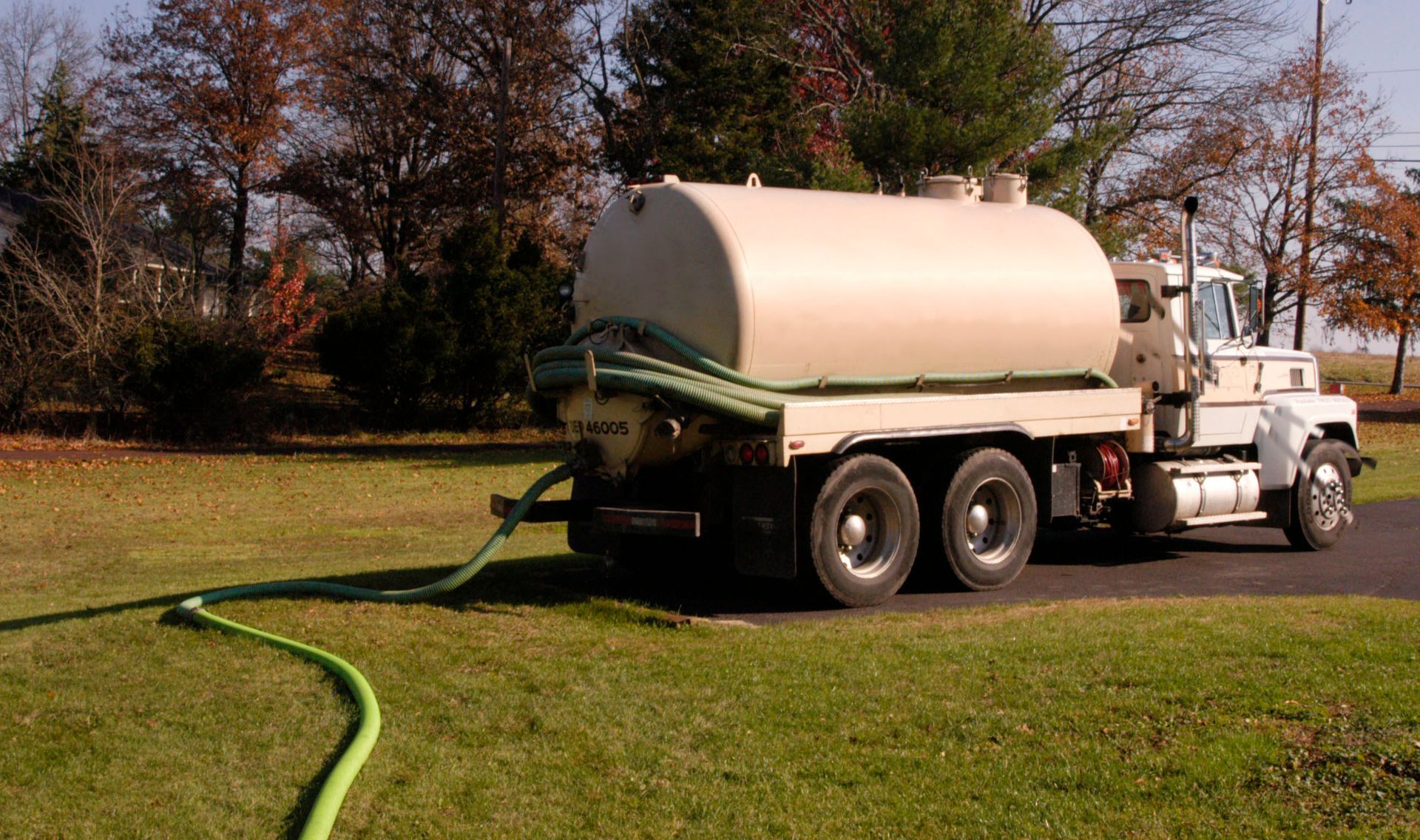
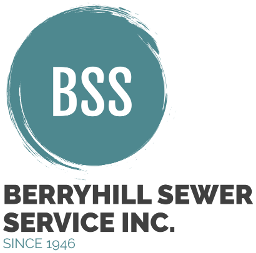

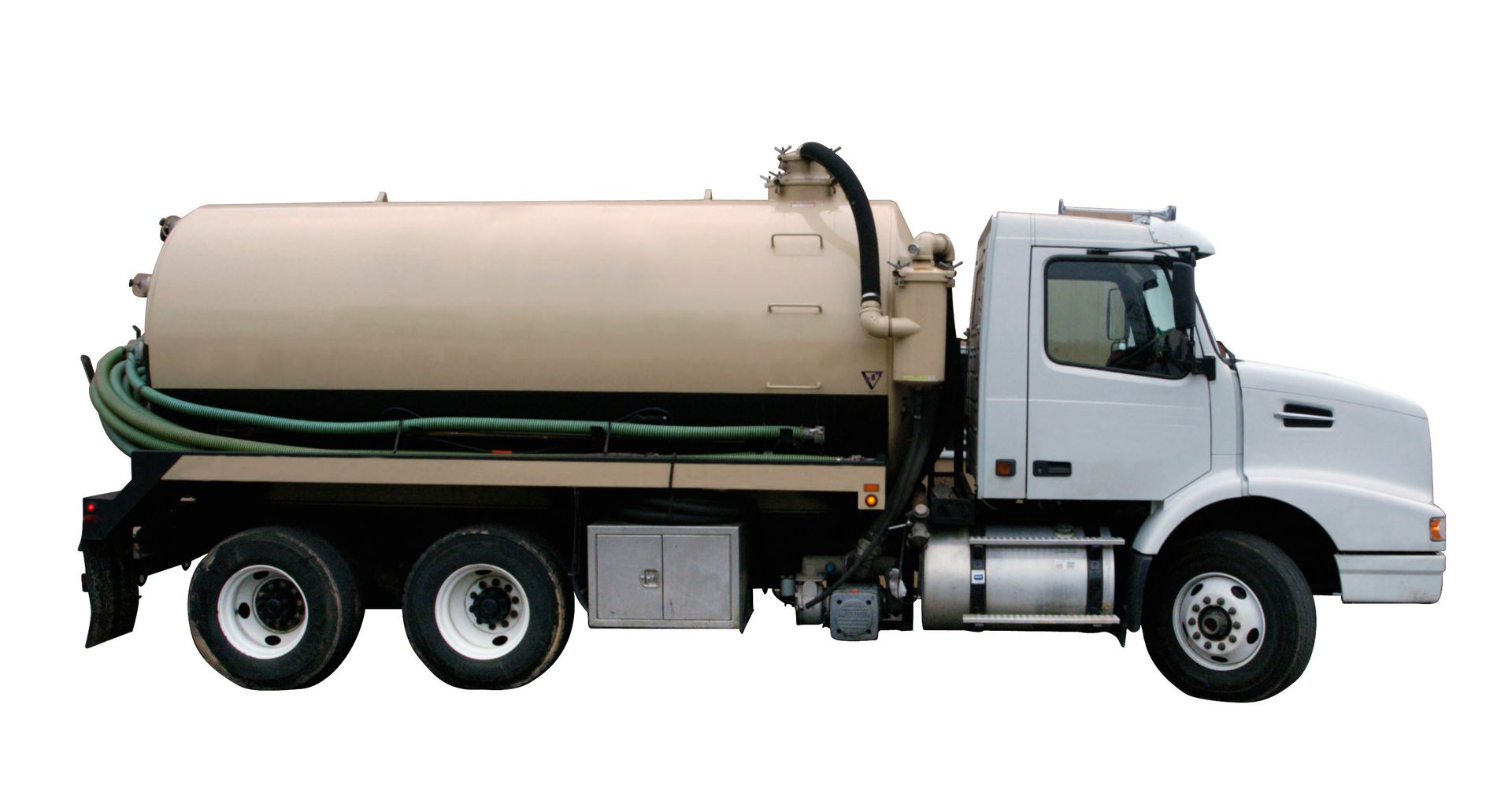
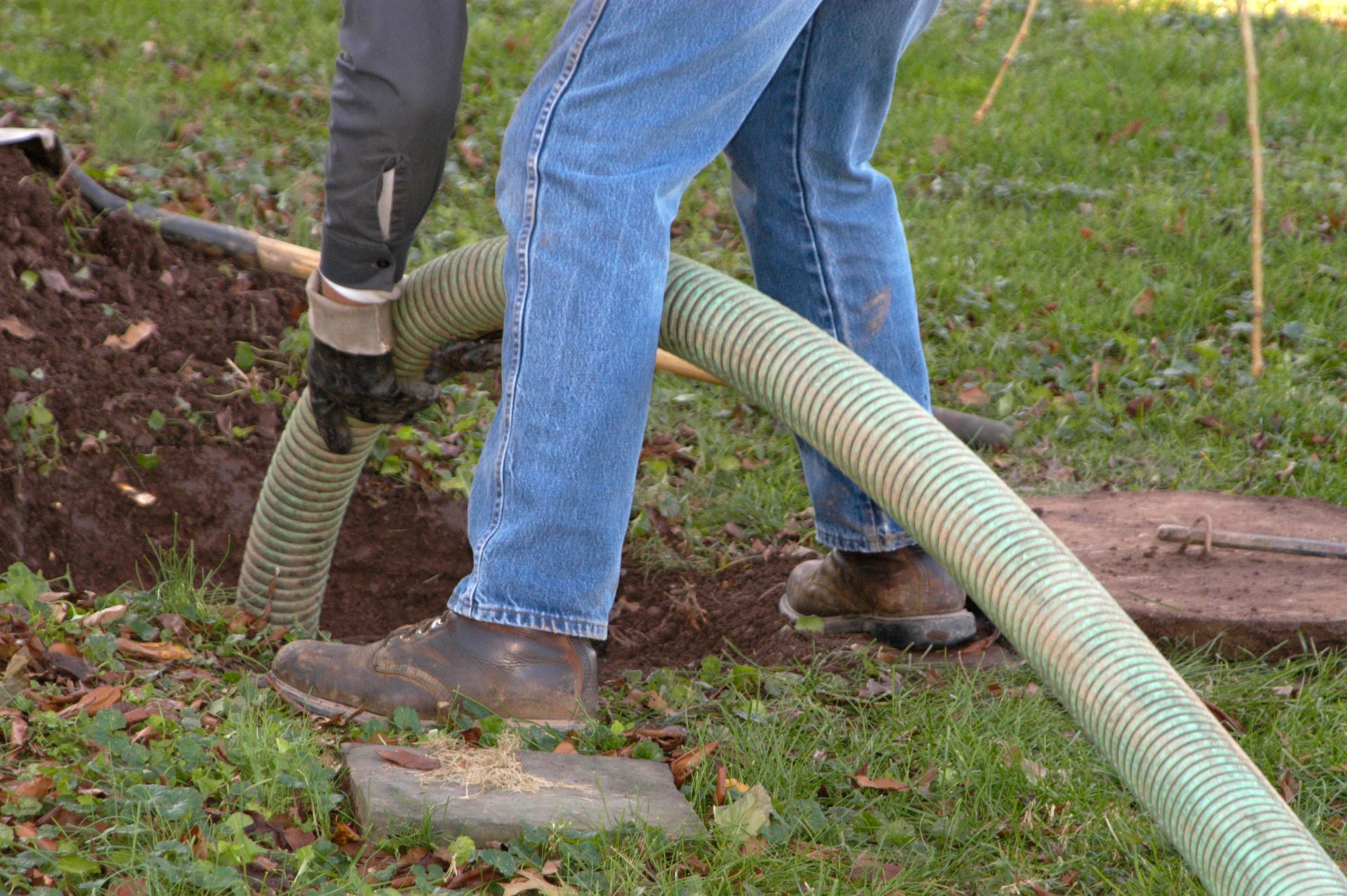
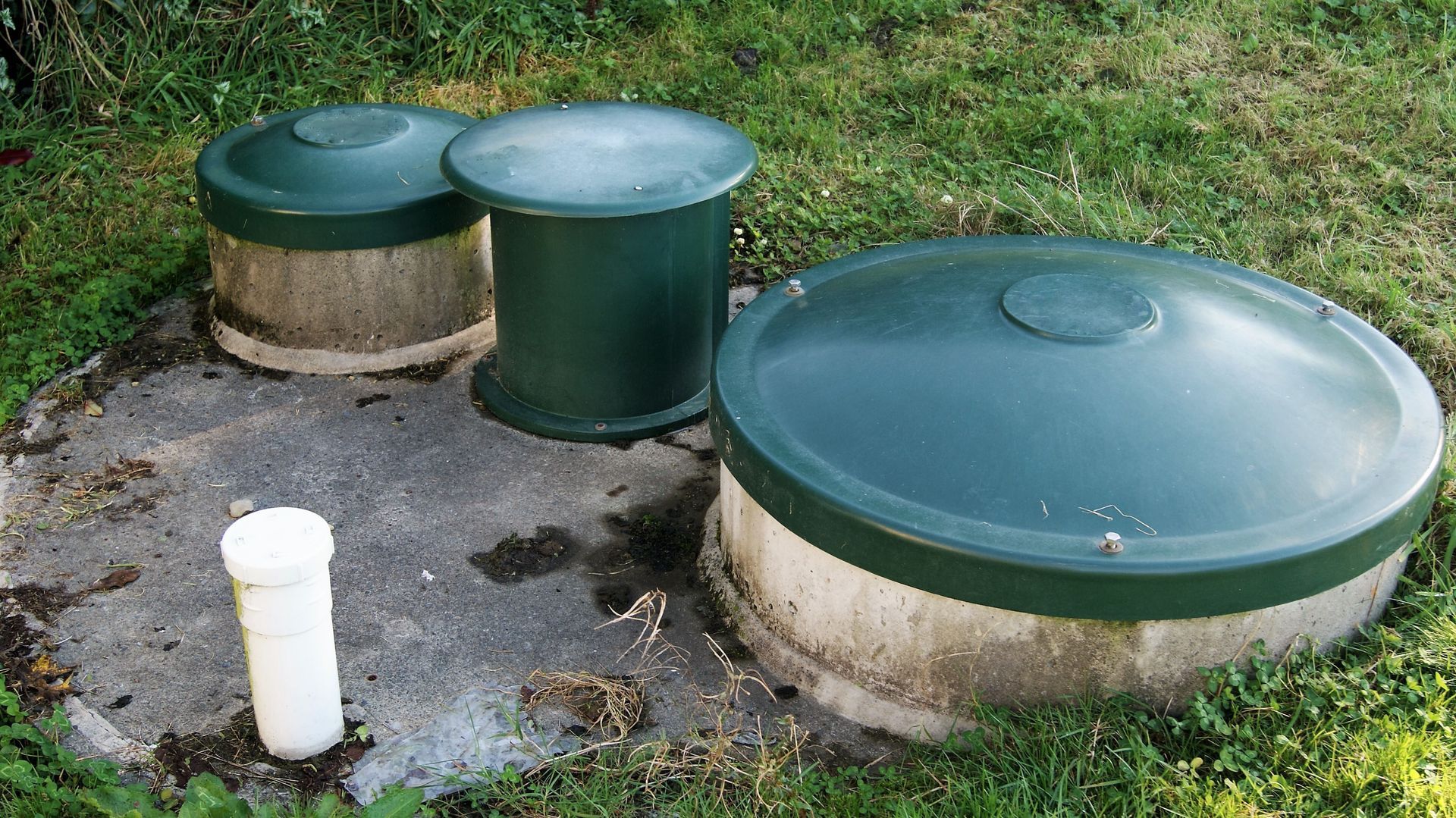

Share On: